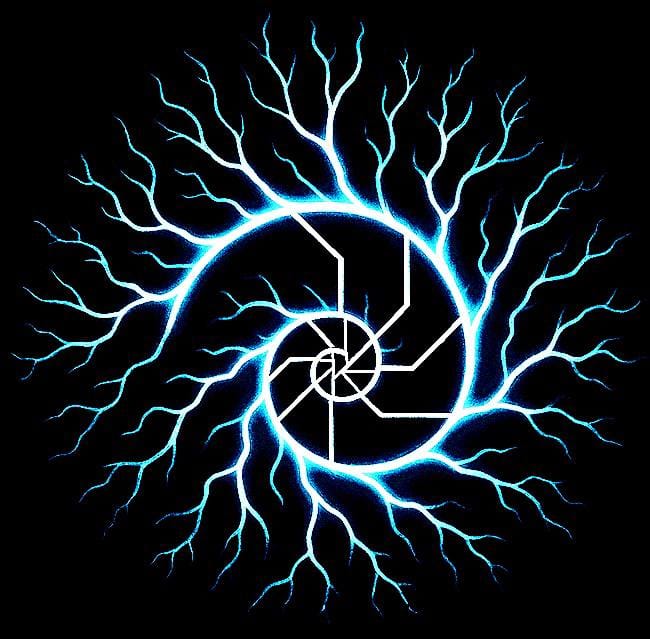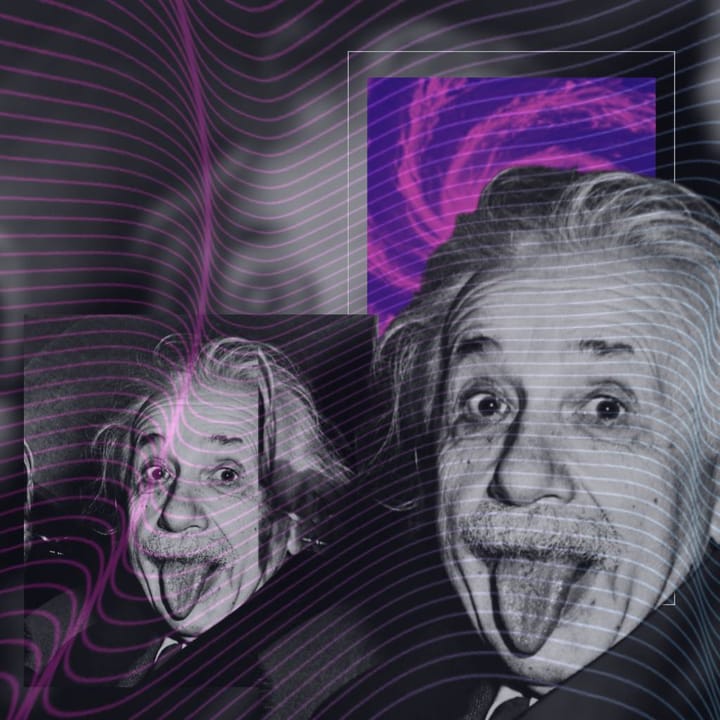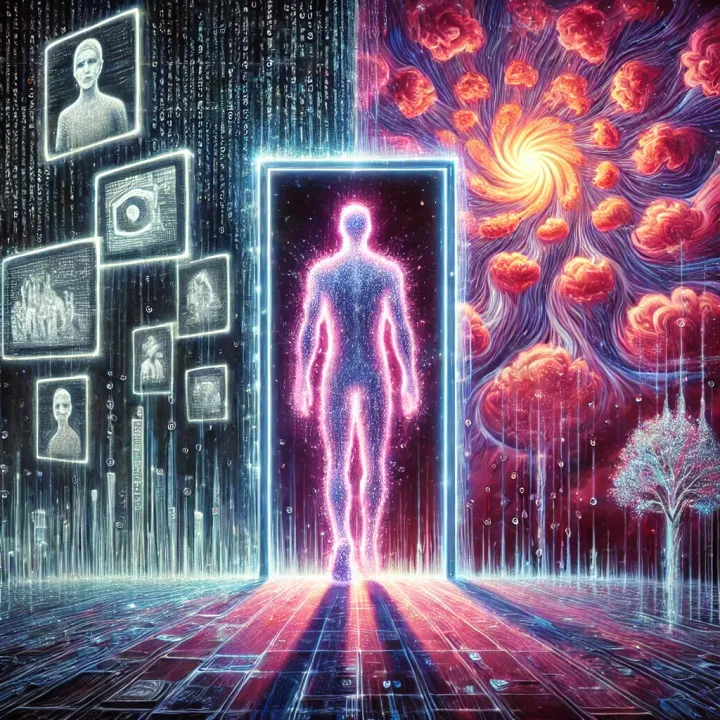The Great Exhaustion: Why Modern Work Feels Like a Trap
The exhaustion you feel after work isn’t just about effort—it’s about a system designed to shrink your awareness and keep you too depleted to question it.

You come home from work, drained. Not just tired in your muscles, but foggy in your mind, heavy in your emotions. You tell yourself it’s normal — a hard day’s work. So you do what most people do: scroll, binge, drink, distract.
But here’s the truth: this cycle — work, exhaustion, numbing, repeat — isn’t simply the natural cost of making a living. It’s a loop, a process that contracts awareness during the day and then leaves you too depleted to expand when the day is over.
This isn’t just burnout. It’s the way modern work narrows consciousness and keeps us running in place.
1. The Illusion of “Being Tired”
The fatigue after work is rarely just physical. It’s the heaviness of a mind that’s been held in contraction all day.
- Hyper-focus on tasks and deadlines suppresses creativity.
- Professionalism demands that emotion stay hidden.
- Constant monitoring — emails, metrics, performance reviews — keeps the nervous system on alert.
By the end of the day, you’re not just tired; you’re shrunken. And when contraction has been the mode all day, expansion feels unnatural. So instead of opening, you numb.
2. Contraction as a Systemic Pattern
Modern work structures are processes of contraction:
- Linear repetition: Brains thrive on novelty and play, but jobs often repeat the same loops.
- Emotional suppression: Feelings must be managed, restrained, hidden.
- Surveillance and compliance: Awareness narrows under constant observation.
The result is not just stress — it’s a shrinking of perception. Over time, this state feels normal. People describe it as “just being tired,” but it is more: a systematic narrowing of life’s possibilities.
3. Why Numbing Becomes Default
After a contracted day, true restoration feels strange. Expansion takes energy, and energy is exactly what’s missing. So most people reach for substitutes — distraction, consumption, escape.
- Distraction replaces restoration.
- Busyness replaces presence.
- Numbing becomes the cultural norm.
It isn’t laziness. It’s the nervous system stuck in a loop.
4. How the System Reinforces Exhaustion
The 9–5 isn’t just an economic schedule — it’s a feedback system. It provides just enough money to keep you dependent, just enough exhaustion to keep you compliant, and just enough leisure to keep you pacified.
This doesn’t require a conspiracy. It’s a self-reinforcing process:
- Wages stagnate → financial stress.
- Stress and fatigue → less critical thinking.
- Distraction industries (media, shopping, entertainment) thrive on your depleted state.
An exhausted population doesn’t revolt. An exhausted mind doesn’t reorganize.
5. Breaking the Cycle
Escaping doesn’t necessarily mean quitting tomorrow. It begins with shifting how you relate to work, awareness, and energy.
Micro-expansions during the day:
- Stretch, move, breathe.
- Step outside autopilot. Even 30 seconds of conscious attention breaks the loop.
Post-work decompression rituals:
- Sit in silence before reaching for a screen.
- Engage in creativity — music, writing, art, play.
- Touch nature. Even a short walk can reset a contracted nervous system.
Reframe work itself:
Treat work as an experiment in awareness. Notice how the system shapes you, and practice staying present without being consumed.
6. Beyond Individual Hacks
The trap is systemic, not just personal. But systems are processes — they can be redesigned. Around the world, we already see experiments:
- Four-day workweeks in Iceland and Japan.
- Universal basic income pilots.
- Cooperative structures prioritizing well-being over output.
Work could be a process that expands human capacity instead of contracting it. The question is: do we keep feeding the exhaustion loop, or do we step into the cracks where new forms are already growing?
Closing
Exhaustion isn’t just “part of life.” It’s a loop, a narrowing of awareness that keeps people compliant.
The first act of rebellion is to notice it. The second is to reclaim micro-moments of expansion. And the third is to imagine — and demand — systems that cultivate life rather than drain it.
The system doesn’t need you to be broken. It just needs you to be too tired to notice.
Once you notice, you begin to break free.




Comments ()